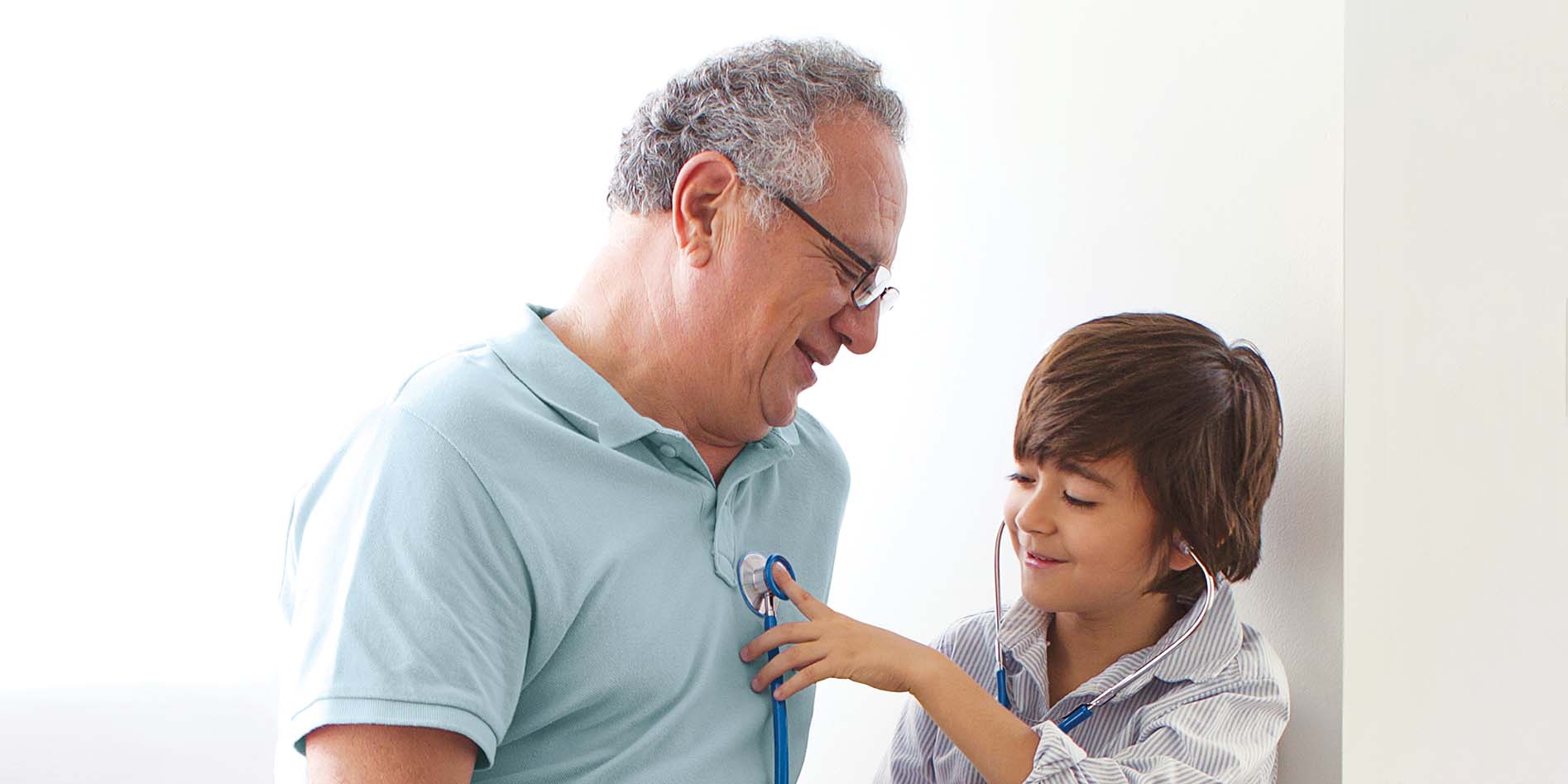Time to check your heart
Physical HealthArticle6 April 2022
Our health is our most valuable asset. At the beginning of this year the Minister for Health, the Hon Greg Hunt, requested that we focus on getting any health checks that we put aside during the pandemic. He urged for us to attend medical appointments and health checks and follow up on any referrals for blood tests or scans. (1)
In recent weeks, this message could not be more important as Australians experienced some high profile, heart attack related deaths. These unfortunate events remind us that no one is invincible and it’s never too early to look after your heart health.
Treat your heart right
Go for a heart health check
A Heart Health check with your GP takes about 20 mins and checks your blood pressure, cholesterol, diet, physical active and medical and family history.
This check could save your life. In fact, new modelling released by the Heart Foundation predicts over the next five years, nearly 350 heart attacks, strokes or heart-related deaths could have been prevented if 27,000 Heart Health Checks had not been missed or delayed because of COVID-19 (2). Silent risk factors such as high cholesterol and high blood pressure can be easily picked up by your doctor and treated early. This is especially true if you have a family history of cardiac conditions.
Make lifestyle improvements
Small lifestyle changes can make a big difference. If you’re a smoker, try to quit – this is one of the best gifts you can give your heart. Regular exercise and a healthy diet are also key in keeping your heart in good shape.
Protect yourself financially
A heart attack doesn’t just impact your physical health, it can affect your financial health too. The sudden and unexpected cost of medical treatment can add up. If you have a financial adviser, chat about your needs and products that could cover this risk, such as a Trauma or Death Benefit.
Heart attack facts
- An Australian will experience a heart attack every 10 minutes
- 21 lives are lost every day due to heart attacks
- Males are 40% more likely to experience a heart attack than females
- Heart attack is the leading cause of hospitalisations in Australia
- The average cost of a heart attack is ~$25, 000
Sources: (3,4,5).
What is a heart attack?
A heart attack, or myocardial infarction, occurs when there is a lack of blood supply to the heart, mostly due to a blockage of one or more of the blood vessels that supply the heart (coronary arteries) causing death of the heart muscle.
What are the symptoms?
- Chest pain or pressure or an aching sensation in the chest or arms that can spread to the neck, jaw or back
- Shortness of breath
- Nausea
- Indigestion
- Heartburn or abdominal pain
- Light-headedness or sudden dizziness
- Fatigue
- Cold sweats
Women may experience symptoms that are different to men and any one or combination of these symptoms can occur. (6)
What are the common causes?
- Smoking
- Heavy alcohol or drug use
- Diabetes
- High cholesterol
- High blood pressure
- Underlying disease
- Family history
- Inactivity
Heart disease in women
A recent Australian study showed that in the past decade women were half as likely as men to receive appropriate diagnostic tests and treatment when admitted to hospital with a heart attack. They were also less likely to be referred for cardiac rehabilitation. Of concern, death rates and serious adverse cardiovascular events were more than double the rates seen in men, six months after discharge. (7)
Our health is made up of many dimensions including our mental, physical, financial and social health. No matter your health journey, it’s important to take active steps to stay healthy or feel healthier, especially in matters related to the heart.
For more great advice from Zurich’s Chief Medical Officer, Dr Bill Monday read our Matters of the Heart article.

References:
- https://www.health.gov.au/ministers/the-hon-greg-hunt-mp/media/put-health-check-ups-first-in-2022
- https://www.heartfoundation.org.au/media-releases/heart-checks-missed
- https://www.hri.org.au/health/learn/cardiovascular-disease/heart-attack
- https://www.heartfoundation.org.au/activities-finding-or-opinion/key-stats-cardiovascular-disease
- https://www.zurich.com.au/advisers/news/adviser-news/2019/the-cost-of-care-part3-the-cost-of-heart-and-artery.html
- https://www.aihw.gov.au/reports/heart-stroke-vascular-diseases/hsvd-facts/contents/about
- https://www.mja.com.au/journal/2018/209/3/differences-management-and-outcomes-men-and-women-st-elevation-myocardial




